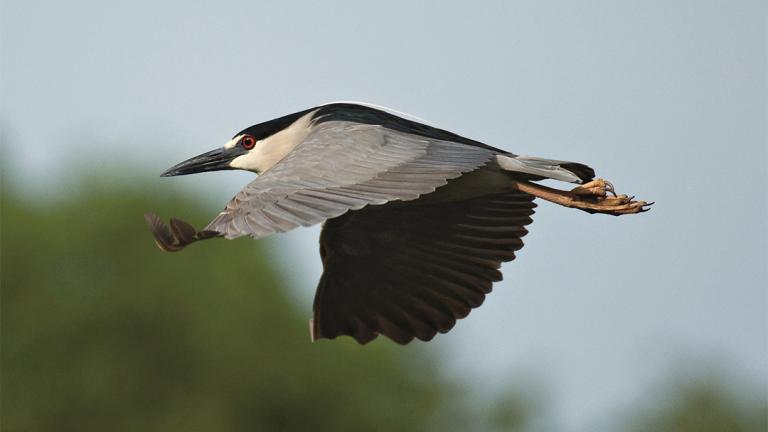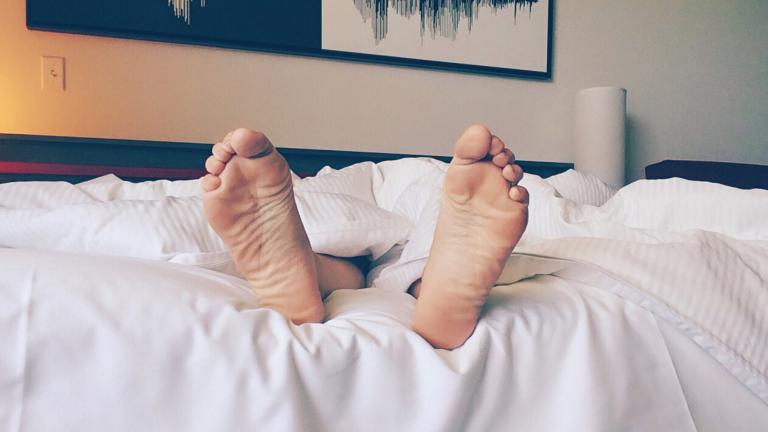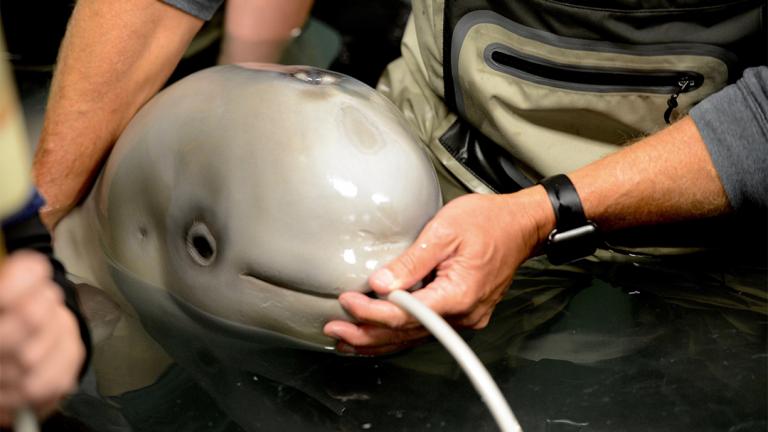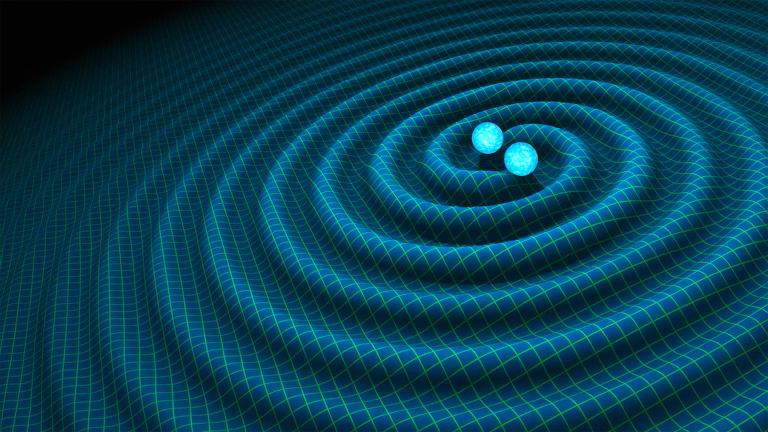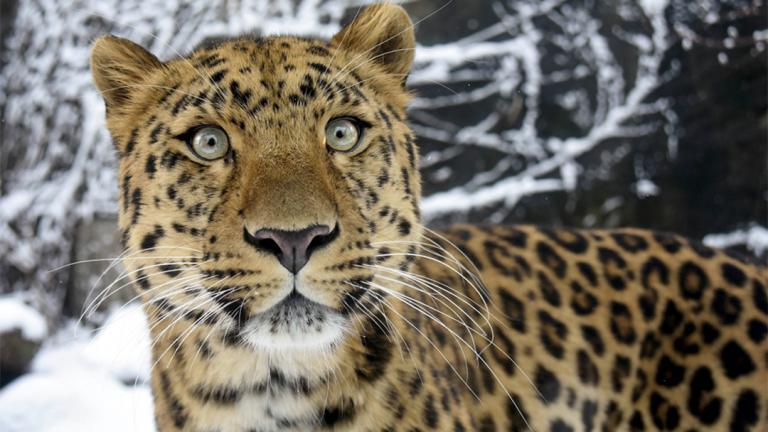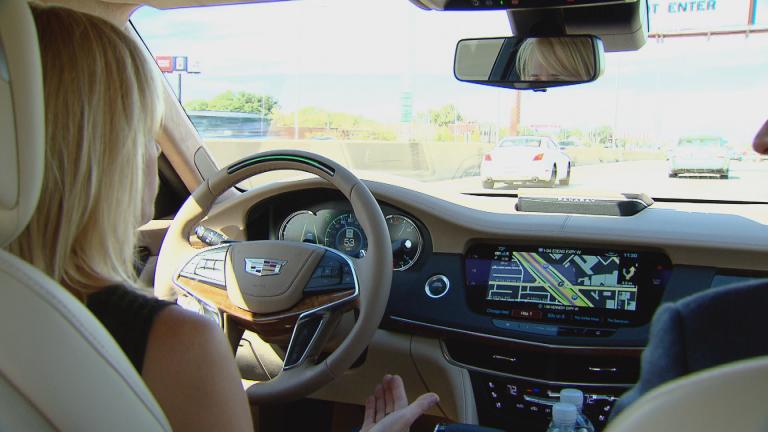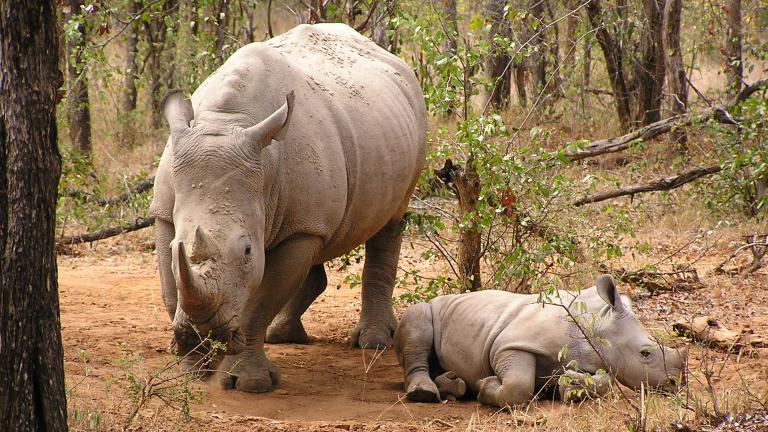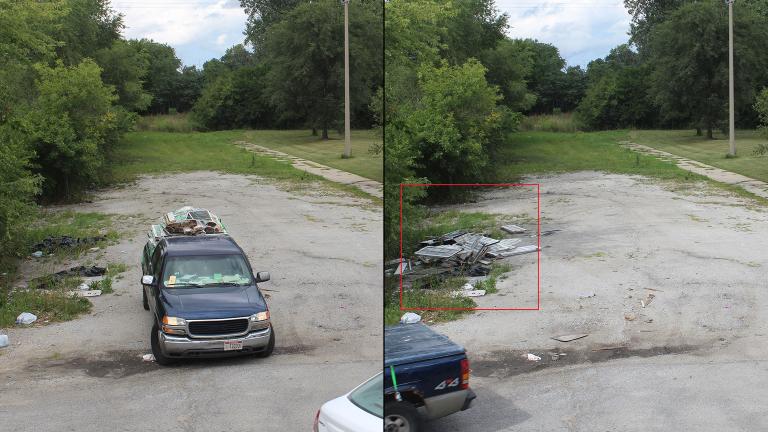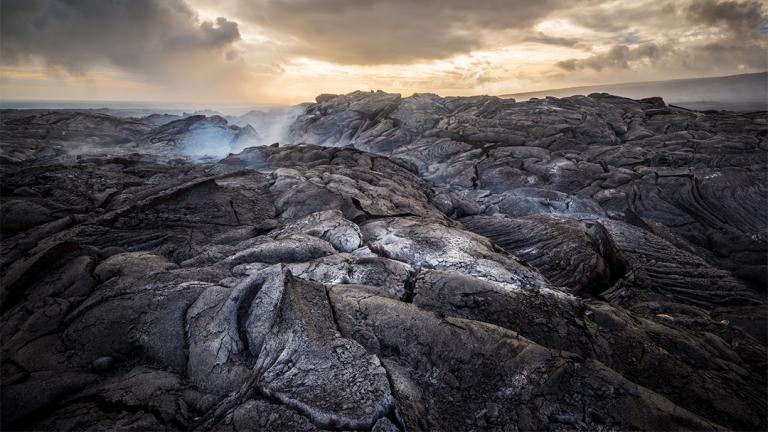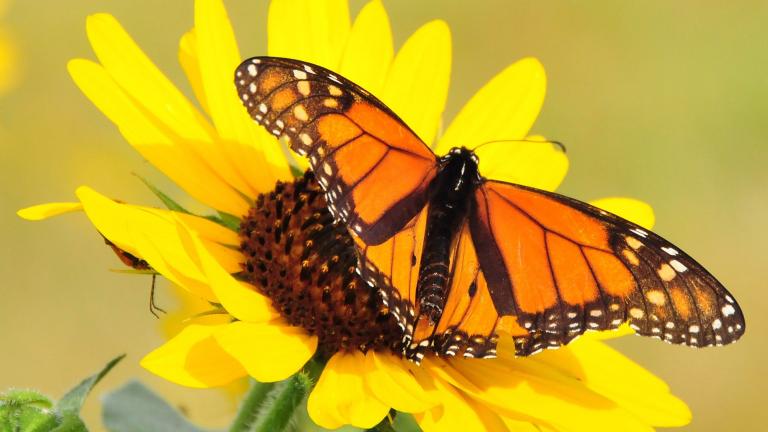Science & Nature
The black-crowned night heron is one of the rarest birds in Illinois. Lincoln Park Zoo now hosts a colony of more than 600 herons, but things have getting a bit crowded.
Whether you’re a night owl or an early bird, your sleep is regulated by your circadian rhythm. A sleep expert helps unravel the mystery of our internal clock.
Shedd Aquarium experts are among those caring for a whale calf rescued Sept. 30 in Alaska’s Cook Inlet. The calf belongs to a critically endangered population of beluga whales.
The Nobel Prize committee called it “a discovery that shook the world.” A local scientist explains gravitational waves.
It looks like an art project, but a seven-floor structure at Lincoln Park Zoo is outfitted with logs, bricks, sticks and other materials to provide cozy spaces for insects to nest.
Dressed in little more than black-and-white body paint, a PETA supporter on Wednesday will urge passersby to skip performances this month by a circus company with a track record of mistreating animals.
Mayor Rahm Emanuel said Monday the city is not only offering emergency responders to help Puerto Rico, but has already accepted 1,600 evacuees.
More than 125 animal welfare experts from around the world will gather in October to share new research and best practices related to caring for animals in zoos and aquariums.
Since embarking on a new sustainability initiative, Shedd Aquarium has cut annual water use by more than half, from 60 million gallons in 2012 to 28 million gallons today.
The race to create self-driving cars is heating up. One automaker has taken a significant step towards a hands-free future with a model that will soon be available in the Chicago area.
A Chicago-area man who wanted to buy a dog for his daughter nearly fell victim to a West African-based scheme targeting thousands of hopeful pet owners. What the Better Business Bureau is saying about the scam.
Meet Clive Stockil, a conservationist being honored in Chicago who is helping Zimbabwe’s rhinos bounce back from the threat of extinction.
Fifteen new high-resolution security cameras will target those who illegally dump old furniture, tires and other waste across the city.
A new study suggests that Earth’s tectonic plates began moving 3.5 billion years ago – about half a billion years earlier than previously thought.
Scientists around the world are working to develop the next generation of batteries. We speak with one who is leading the charge at Argonne National Laboratory.
How a Chicago community organization cultivates the scientific and cultural aspects of monarch butterflies.

